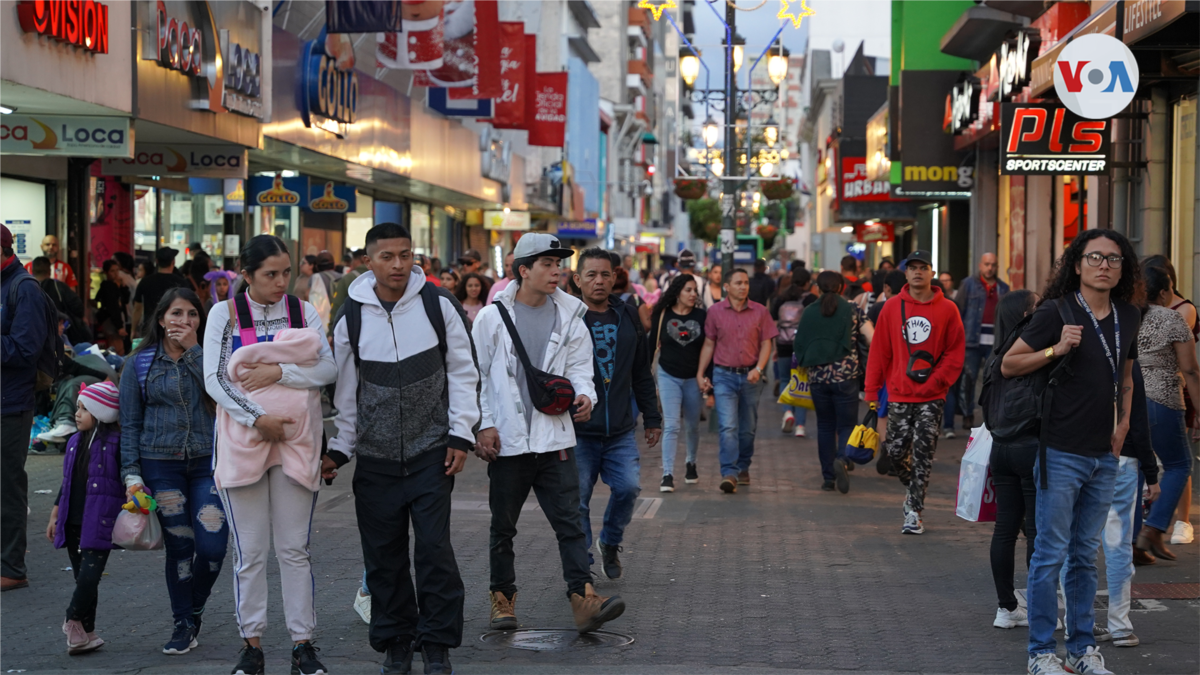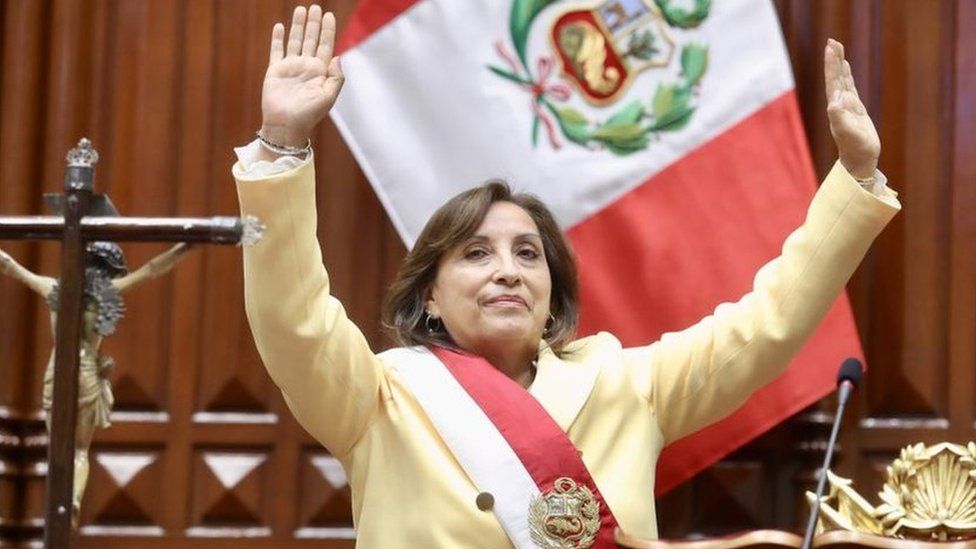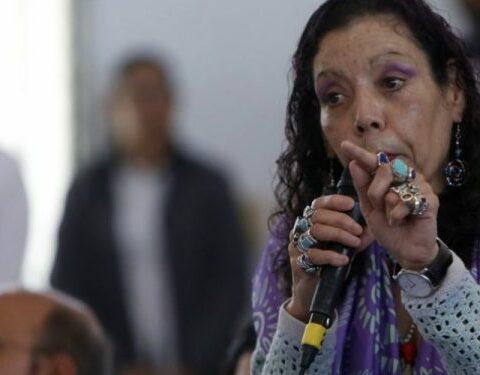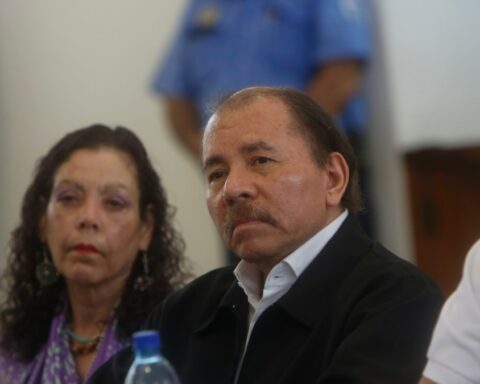The new immigration measures issued by the Costa Rican government at the end of November related to refugee applicants in this Central American country could affect Nicaraguans and, to a lesser extent, Venezuelans who are in this nation, experts on immigration issues say. .
The president of Costa Rica, Rodrigo Chaves, signed at least two decrees to regulate the massive migration to this country, which, according to the president, arrives mostly “economic migrants” who seek to take advantage of the “generosity” of being a ” legitimate refugee.
Among other things, the new measures issued establish restrictions for refugee applicants to obtain expedited permits, as was the case before, but now “they must comply with the internal procedure established by the” immigration institution.
Karina Fonseca, director of the Jesuit Service for Migrants Costa Rica stressed to the voice of america that the presidential decrees that came into force on December 1 after being published in La Gaceta establish restrictions for asylum seekers, such as preventing them from going to third countries, as occurs with other nations.
“[La prohibición de salida del país a solicitantes de asilo] It is one of the most important concerns that we have at this moment”, says Fonseca.
The expert points out that especially because of the human rights activists in the case of Nicaragua, “who are in multiple forums in friendly countries denouncing the situations, the arbitrariness of the Ortega regime, since they will be prevented from being able to participate in these spaces of denunciation or international incidence”.
He adds that the management, or that daily implementation, will be observed very carefully from the Jesuit organization and eventually “from Costa Rican legality and from the mechanisms that we have at our disposal” in order to eventually try to reverse the actions.
A setback with attention to migrants?
According to the director of the Jesuit Service, Costa Rica has had achievements or changes that have been positive in recent years in favor of refugee applicants, such as having advocacy actions or having spaces for family reunification in a third country, at certain times. of the year, and that now they will be unable to do so.
See also the VOA special: The path of the migrant
Vasilka Sancin, member of the Advisory Committee of the United Nations Human Rights Council, separately expressed her concern about the new measures taken by the Costa Rican government related to migration.
In an interview with the voice of americaSancin indicated that “no refugee leaves their territory voluntarily” and added that the actions of the Costa Rican government imply “a regression in terms of the treatment of refugees from Nicaragua in Costa Rica up to now.”
“These individuals already are, just because they had to leave everything behind and flee to other countries, it is an extremely vulnerable situation,” said Sancin, who was vice president of the United Nations Human Rights Committee at the time of the review. situation of Nicaragua in October 2022.
“It is very important that all the rights corresponding to refugees are fully respected in all countries where they are granted asylum,” he added.
The Costa Rican government announced the migratory measures on November 30 after having sent a letter to the UN in which it exposed the migratory situation in the country, which has welcomed at least 200,000 Nicaraguans fleeing the sociopolitical crisis in Nicaragua. .
Chaves claimed that the international community “is not collaborating with the economic resources” necessary to face massive migration in this country of 5 million inhabitants.
Connect with the Voice of America! Subscribe to our channel Youtube and activate notifications, or follow us on social networks: Facebook, Twitter and instagram








